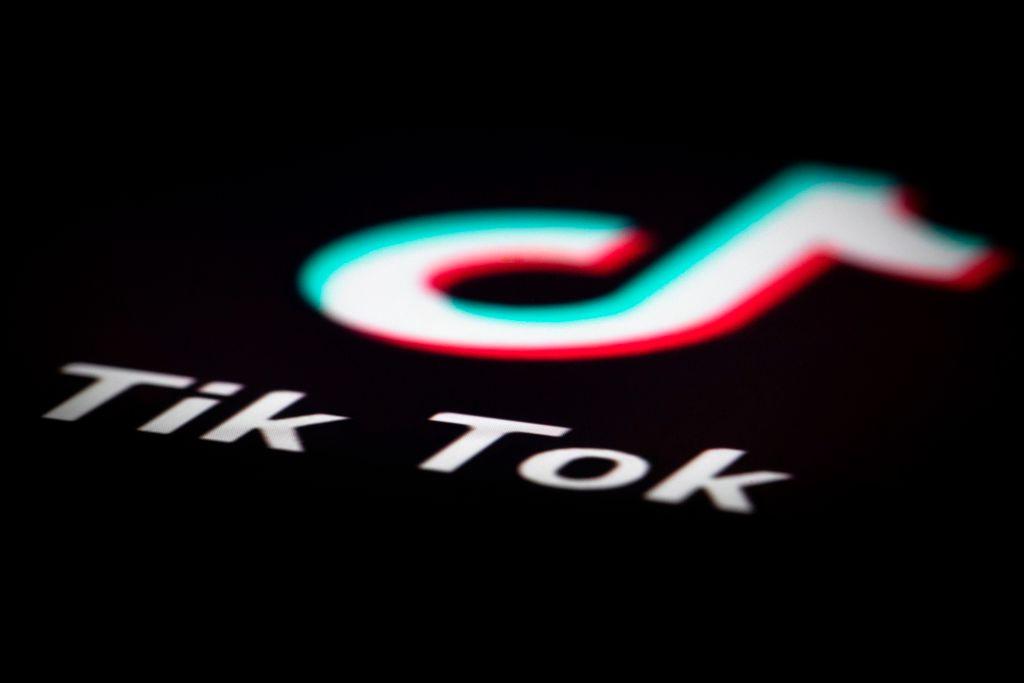U.S. Sen. Marco Rubio (R-Fla.) has urged a national security panel to review popular Chinese video-sharing app TikTok’s previous acquisition of Musical.ly, saying the app engages in censorship to toe the Chinese Communist Party line.
In an Oct. 9 letter to Treasury Secretary Steven Mnuchin, Rubio said Chinese-owned apps, including TikTok, “are increasingly being used to censor content and silence open discussion on topics deemed sensitive by the Chinese Government and Communist Party.”





